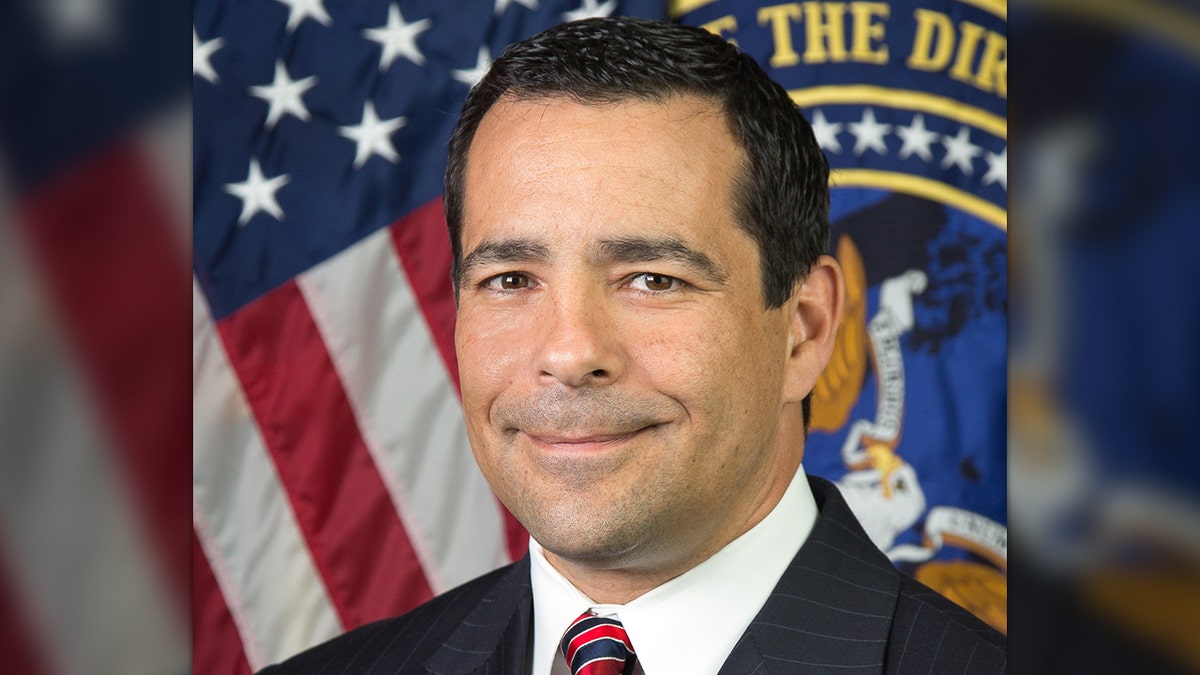Who is Richard Grenell?
Who is Richard Grenell? The current U.S. ambassador to Germany is the new acting director of national intelligence.
EXCLUSIVE: Acting Director of National Intelligence Richard Grenell on Friday announced that the U.S. intelligence community will lead new election security threat briefings for presidential candidates, their campaigns and major political parties ahead of the 2020 election, Fox News has learned.
A senior administration official told Fox News the newly-Senate confirmed director of the National Counterintelligence and Security Center inside ODNI, Bill Evanina, will serve as the intelligence community’s leader of the “critical effort.”
OBAMA ADMINISTRATION WAS ‘FROZEN’ IN COMBATTING 2016 RUSSIAN ELECTION MEDDLING: SENATE REPORT
“U.S. elections are the foundation of our nation’s democracy,” Evanina said Friday. “We are committed to supporting this administration’s 'whole of government' effort to secure the 2020 election.”
The senior administration official told Fox News that the change “represents an important improvement in simplification to the threat notification process.”

“U.S. elections are the foundation of our nation’s democracy,” said Bill Evanina, the director of the National Counterintelligence and Security Center inside ODNI. (official portrait)
The briefings, which the official said would “begin in the near future,” will be delivered to candidates themselves, and their campaigns: President Trump's and presumptive Democratic presidential nominee Joe Biden’s campaigns.
The official also told Fox News that the Republican National Committee and the Democratic National Committee would also receive briefings.
The official told Fox News that the briefing would be given “in a fashion where they receive actual details of the intelligence” related to them.
“The Intelligence Community will continue to work in partnership with the FBI and Department of Homeland Security to identify and integrate threat information,” the official said. “The elections team will act swiftly to deliver the timely and thorough assessments to those affected by potential malicious influence.”
The official stressed that the FBI retains “all of their law enforcement responsibilities and capabilities” in terms of election security, as does “DHS maintain all of their state and local election responsibilities.”
"This was not a unilaterial ODNI decision," the official said, adding that the new process was "coordinated and approved by all agencies involved," including the FBI, DHS and other agencies inside the intelligence community.
A senior White House official told Fox News that “the biggest complaint from the 2016 election was the lack of, and insufficiency, of briefings to campaigns and candidates,” referring to then-candidates Donald Trump and Hillary Clinton.
“The last election speaks to itself, in terms of how much was going on, and how poorly the campaigns and candidates were kept abreast in order to protect their campaigns,” the White House official told Fox News.
The changes in defensive briefings from the intelligence community come after it was determined from U.S. intelligence agencies that Russia interfered in the 2016 election.
Intelligence officials have said that Russia interfered through social media campaigns and stealing and distributing emails from Democratic accounts. The intelligence community has long-maintained that Russia was trying to boost Trump’s campaign and add chaos to the American political process.
Special counsel Robert Mueller concluded that Russian interference was “sweeping and systematic,” but he did not find a criminal conspiracy between Russia and the Trump campaign.
Meanwhile, the senior administration official told Fox News that the change in briefings from the ODNI will also apply to members of Congress, but noted that the lawmaker would only be briefed if the intelligence community received intelligence suggesting “sufficient malicious influence.”














































